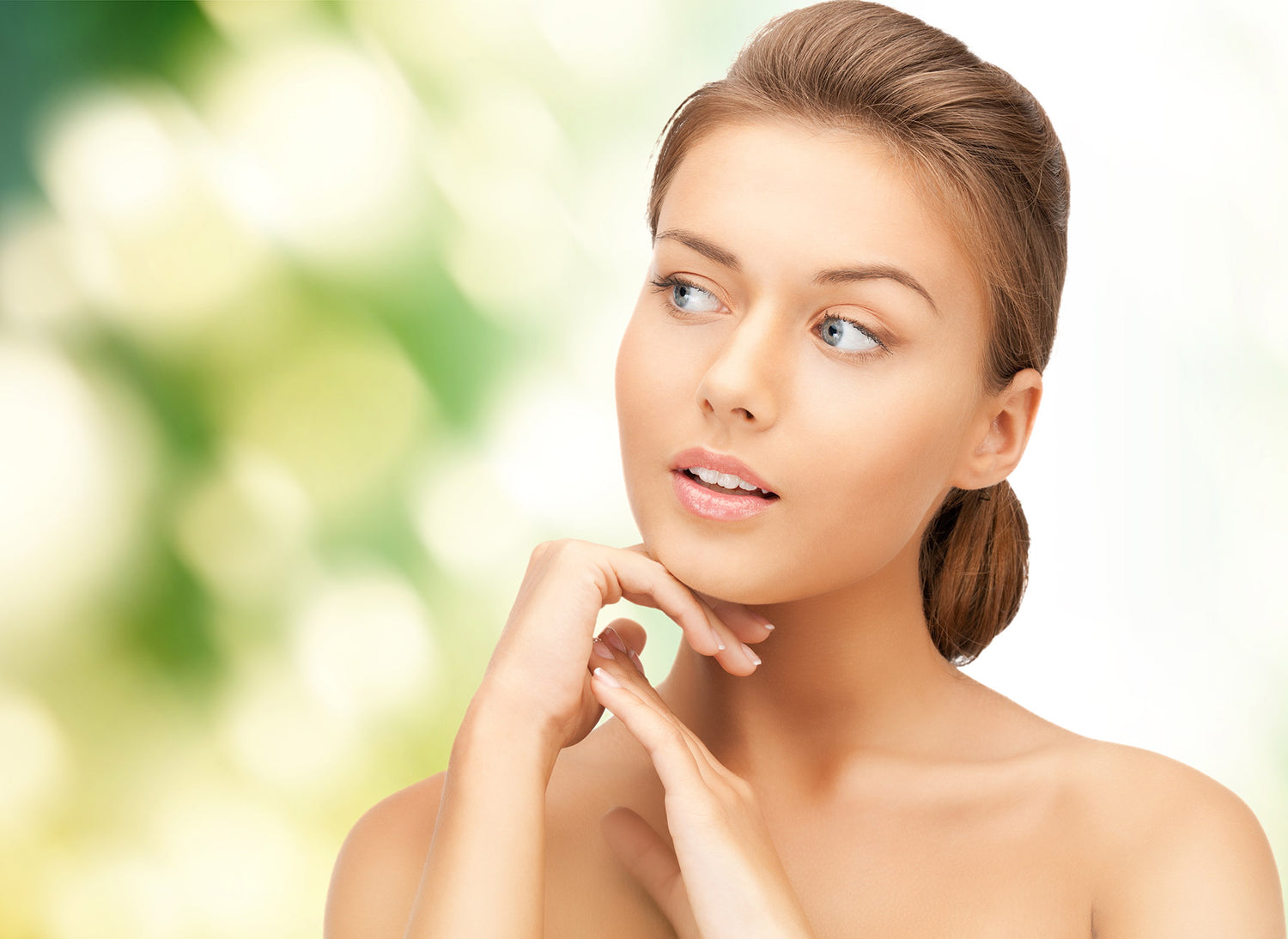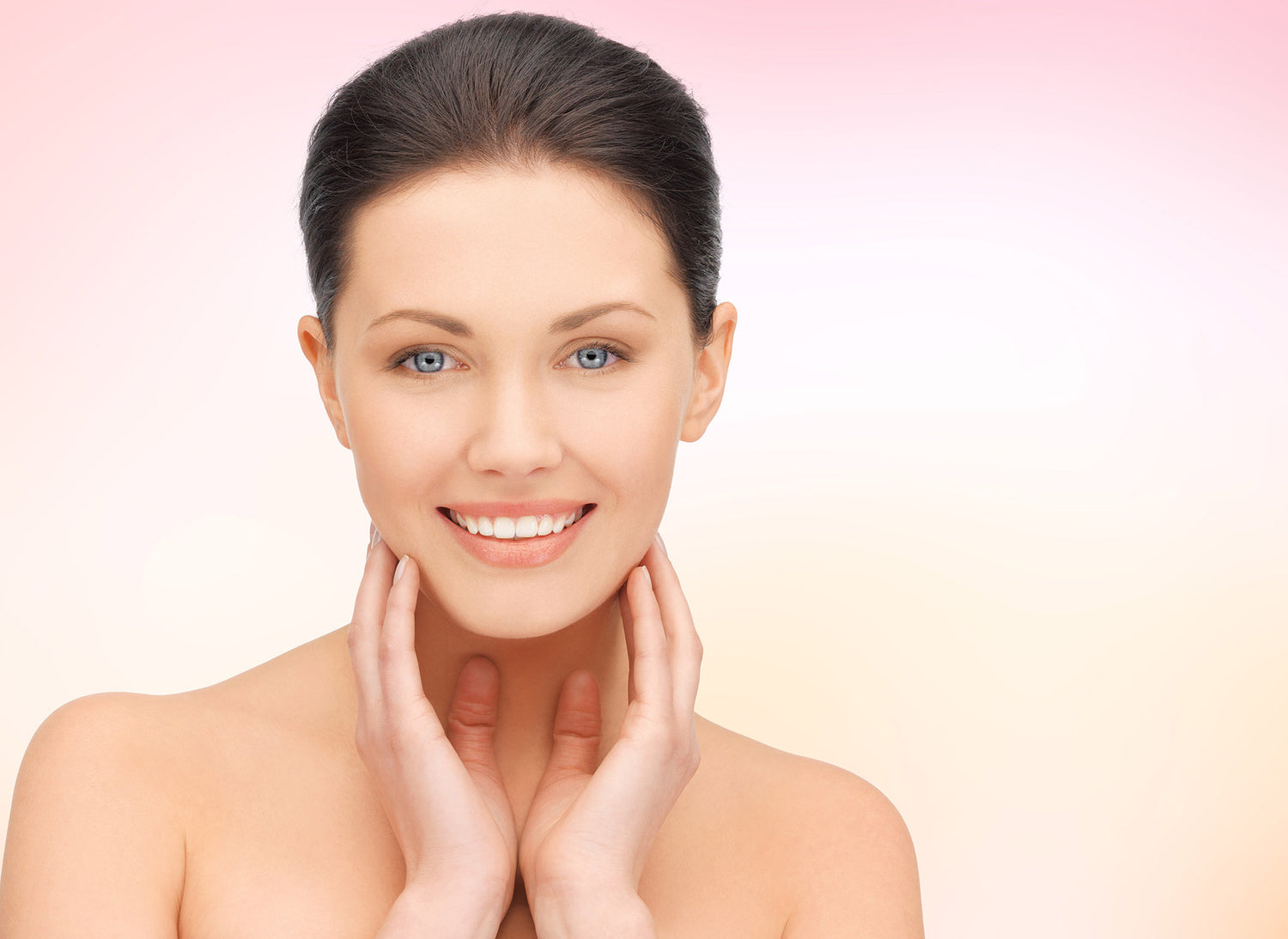Acne is a common skin condition that occurs due to inflammation of your skin pores. It can lead to pimples, blackheads, or whiteheads. Despite oily skin being majorly prone to acne, all other skin types can get affected. Acne can occur at any part of the skin, but it mainly affects the face.
Flawless skin without acne blemishes is a desire for every one of us. According to the expert dermatologist Dr. Neda Mehr, many people might be aware of a ton of ways to prevent acne and pimples. However, what they may be aware of might include inappropriate strategies, which might worsen their situation. Therefore, Dr. Neda developed this guide to help people understand the recommended tips that can help them to prevent acne and pimples. Have a look.

1. CLEAN YOUR FACE DAILY
Despite dirt not being scientifically proven as a way that causes acne and pimples, dermatologists recommend that you wash your face twice daily to cleanse dirt and excess oil. If you are wondering why it is recommended that you wash your face twice daily and not several times a day, acne can worsen on dry skin that may occur from washing your face more than twice a day.
You should take note of the products that you use to wash your face. Dermatologists recommend the use of warm water and a mild cleanser for better results. If you can’t manage to wash your face with water, use wet wipes to cleanse your face. No matter how busy you become, do not forget cleansing your face.
2. MOISTURIZE YOUR SKIN
All skin types have a suitable moisturizer that is fit to use. You should check the labels indicated in your moisturizer to ensure that you’re using the right one for your skin type. The right moisturizer needs to include ingredients that best fit your skin type. If your face is sensitive, go for a gentle cleanser that does not worsen your condition. You should also use moisturizers with labels indicating that they do not result in acne.
It is good to use a soft brush or a soft cloth to apply the right cleanser to your face to prevent acne and pimples.
3. AVOID OVER SCRUBBING YOUR FACE
Your face needs gentle cleansing. In situations that you over scrub or over-exfoliate your skin, your skin is likely to worsen. Too much scrubbing and exfoliation can result in redness, irritation, and inflammation of your skin that worsens acne and pimples. Experts say that exfoliation needs to be done carefully about two to three times a week if need be.
Always avoid using coarse cleansers, stiff brushes, and other harsh exfoliation products.
4. AVOID SQUEEZING PIMPLES
Many people find themselves popping or picking at pimples as soon as they appear on their faces. However, dermatologists warns that squeezing pimples can worsen the condition as it leads to inflammation and scarring. Further, using your hands to squeeze pimples can introduce bacteria, leading to infection and worsening your condition.
It is recommended that you use topical treatments to reduce blemishes appearing on your skin instead of squeezing the pimples on your face.
5. USE A CLEAN FACE TOWEL
How often do you wash your face towel? Using a dirty towel can lead to acne and pimples on your face. This results from bacteria that are likely to harbor in your dirty towel that ends up in your face. Even then, it doesn’t translate to changing your face towel daily, as long as you keep it clean. According to dermatologists, adequate washing off your makeup can allow you to change your face towel weekly.
6. APPLY THE RIGHT SUNSCREEN
Many people randomly purchase sunscreens and use them without knowing that they can do more harm than good. Some sunscreens result in clogging your pores, resulting in acne and pimples. More breakouts can result if you use inappropriate sunscreen. Therefore, ensure that you always check for your appropriate sunscreen with the right ingredients that do not clog your pores to prevent acne and pimples.
7. HAVE A PROPER DIET
Good nutrition is ideal for healthy skin and the prevention of pimples and acne. High glycemic index foods such as bread, rice, chips, and sugary foods result in high glucose levels that increase acne and pimples’ incidences. Likewise, dairy products are associated with hormones and antibiotics that lead to acne. On the other hand, green leafy vegetables and fruits are rich in antioxidants and nutrients like zinc and Vitamin C that improve skin health and reduce inflammation, leading to the prevention of acne and pimples.
8. USE TOPICAL TREATMENTS
Dermatologists recommend the use of topical treatments, mainly as over-the-counter treatments for pimples and acne. Examples of topical treatments include topical creams, serums, and topical retinoids. They help in managing mild acne and breakouts that might occur at any part of your body. However, it is good to seek a dermatologist’s advice on the best treatment if your condition worsens and to prevent acne and pimples’ further occurrence.
9. DRINK PLENTY OF WATER
Drinking plenty of water results in proper hydration of your body. Improper hydrations can lead to more oil production in your body, likely to cause acne and pimples. You should take at least eight glasses of water to improve your overall health. According to dermatologists, taking plenty of water is a way of improving health and avoiding acne struggles.
10. MINIMIZE YOUR MAKE UP USAGE
Despite the need to look good, you should minimize makeup usage because they can clog your pores. It is appropriate to remove your makeup entirely during workouts to avoid acne breakouts. This is because sweat is released through your skin pores, and makeup can clog those pores. The clogged pores are the favorite breeding space for bacteria that results in acne.
Always remember to check makeup labels to choose the ones that do not cause acne. Regardless of the makeup you use, always wash off your makeup before sleeping to avoid clogging your pores.
Acne and pimples prevention involves multiple strategies that range from cleansing your face to the proper diets to using the right facial products, and many more. Everyone has a different skin type, necessitating the personalization of acne and pimples’ prevention strategies. Please ensure that you follow the recommended tips from dermatologists for better outcomes in your prevention efforts.





